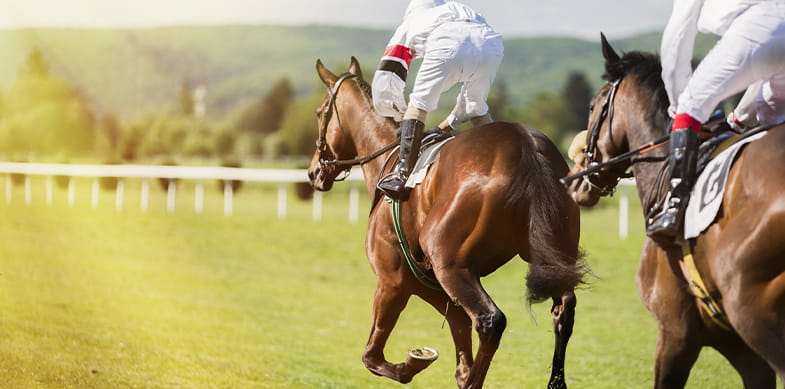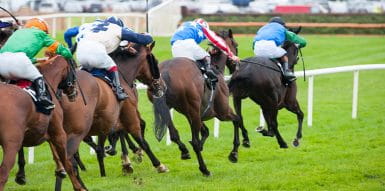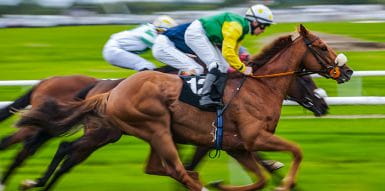All horseracing in the United Kingdom has been suspended following the death of Queen Elizabeth II, who passed away on Thursday. Meetings on Thursday evening and Friday’s fixtures in Britain have been cancelled as a mark of respect for the monarch, who was a racing enthusiast.
A statement from the BHA read on Thursday: “All of British racing is in mourning today following the passing of Her Majesty The Queen.
“Her Majesty has been one of the greatest and most influential supporters in the history of horseracing. Her passion for racing and the racehorse shone brightly throughout her life, not only through her close involvement in breeding and racing horses but in her roles as a patron of the Jockey Club and Thoroughbred Breeders Association and as the figurehead of Royal Ascot.
“It is right, therefore, that all racing is suspended for today and tomorrow as we begin to grieve Her Majesty’s passing and remember her extraordinary life and contribution to our sport and our nation.”
In addition, bookmakers who are part of the Betting & Gaming Council, including Coral, Betfred, William Hill, Paddy Power, and Ladbrokes, will not open on Friday as a mark of respect.
The British Horseracing Authority is expected to announce today (Friday) if this weekend’s fixtures go ahead as previously planned. However, as the Queen had a close relationship with racing and was a passionate owner, it is widely expected that meetings could be cancelled.
Their deaths have led to extended postponements when previous sovereigns have passed away. For example, in 1952, when the Queen’s father, King George VI died, all racing was cancelled until his funeral nine days later. However, his death was in February when no Flat racing meetings took place.
Similar periods of postponements occurred when King George V died in 1936, King Edward VII in May 1910, and when the last Queen died, Queen Victoria, in January 1901. On each occasion, no racing meetings were held between the deaths and the state funeral.
Racing has always been a passion for Queen Elizabeth II.
Just days after her Coronation, she was cheering on one of her horses, Aureole, at the Epsom Classic. Her colt lost by a small margin to Pinza, owned by Sir Gordon Richards, who had been knighted by the royal family days earlier.
Following in her father’s footsteps, who was a successful owner on the Flat, the Queen’s first winner was, in fact, over the jumps. A successful partnership with the Queen Mother led to Monaveen winning at Fontwell in 1949. Six years later, Her Majesty was crowned champion owner after Cecil Boyd-Rochfort’s Aureole landed the King George VI, Queen Elizabeth Stakes and the Coronation Cup at Epsom.
In 1977, the year of the Queen’s Silver Jubilee, Dunfermline made it a memorable year by winning two Classics, the Oaks and the St Leger at Doncaster. The victory at Doncaster was extraordinary as Dunfermline beat Alleged, the only defeat the horse suffered.
In recent years, Estimate was a horse that brought joy to the Queen by winning the 2013 Gold Cup at Royal Ascot a year after winning the Queen’s Vase.



